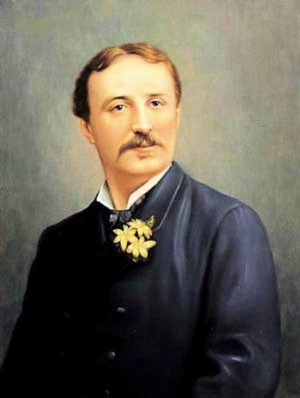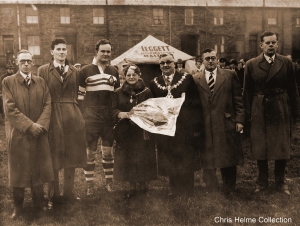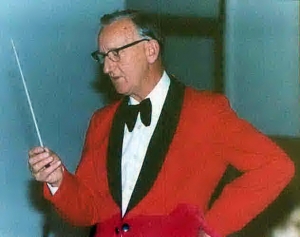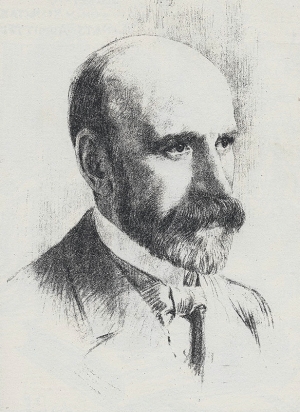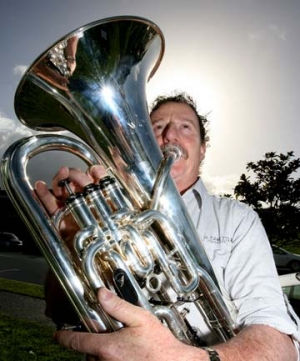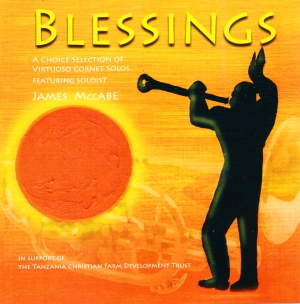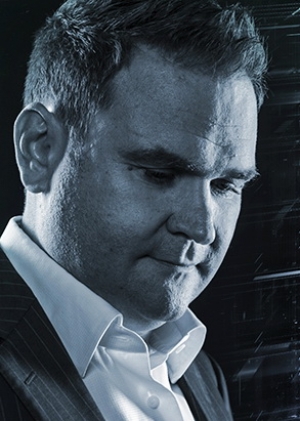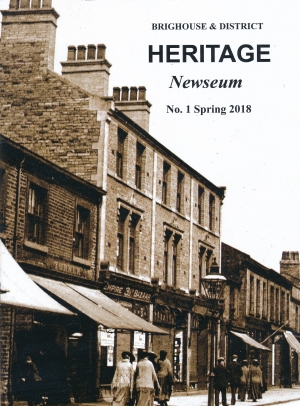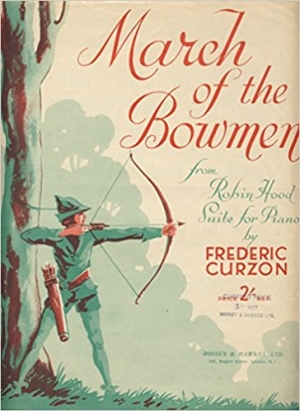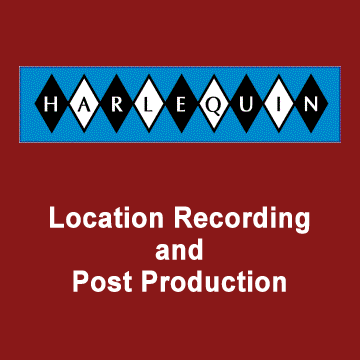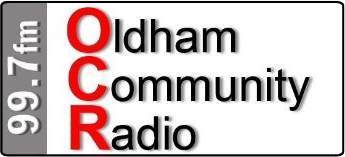Chris Helme
Luigi Denza (24 February 1846 near Naples, Italy died in London 27 January 1922 and was composer. He studied music at the Naples Conservatory and in 1884 he moved to London where he taught singing and became a professor of singing at the Royal Academy of Music in 1898
He is best remembered for "Funiculì, Funiculà" which he wrote in 1880, a humorous Neapolitan song inspired by the inauguration of the first funicular cable car at the summit of Mount Vesuvius.
Neapolitan journalist Peppino Turco contributed the lyrics and may have prompted the song by suggesting that Denza compose something for a song-writing competition. "Funiculì, Funiculà" was published the same year by Casa Ricordi and within a year had sold a million copies
In addition to "Funiculì, Funiculà", he composed hundreds of popular songs. Some of them have been sung by Enrico Caruso, Mario Lanza, and Luciano Pavarotti,.
He was also an able mandolinist and guitarist, and for these instruments he wrote a number of compositions - he also wrote the opera, Wallenstein which he wrote in 1876
In this week's show we featured this highly popular work by Luigi Denza.
This photograph of 1957 celebrated a big day in the history of the Old Bodleian's rugby union football club. This was the occasion when the club saw its new ground on land known in those days as Smallwood's Field, which is now occupied by the Sandholme housing estate, officially opened by the Mayor Councillor Harry Edwards.
Don Lusher OBE (6.11.1923 – 5.7.2006) was an English jazz and big band trombonist best known for his association with the Ted Heath Big Band. In a career spanning more than 60 years, he played trombone with a number of jazz orchestras and bands and was twice President of the British Trombone Society
He was born in Peterborough, Cambridgeshire and started playing the trombone aged six years old in his local Salvation Army band, the third generation of his family to do so. When World War II broke out he served as a gunner signaller in the Royal Artillery, after being demobbed he became a professional musician playing with the bands of Joe Daniels, Lou Preager, Maurice Winnick, the Squadronaires, Jack Parnell and lastly, the Ted Heath Big Band.
He spent nine years as lead trombone with Ted Heath's Orchestra and toured the United States several times. Ted Heath died in the late 1960s and after several attempts to revive the band, Don took over the leadership in 1976 at the request of Ted Heath's widow, Moira. He then lead the band until December 2000, when there was a sell out final concert at the Royal Festival Hall. He also led the trombone section during many of Frank Sinatra's European tours.
He formed his own ensemble, the Don Lusher Big Band. He also performed with the Manhattan Sound Big Band, with Alexis Korner and various session musicians in the big band-rock fusion group CCS, and was a member of the Best of British Jazz group from the 1970s onwards.
He spent some years as a Professor of the Royal College of Music before becoming Professor of Trombone at the Royal Marines School of Music, Portsmouth in 1997, a post he retired from in 2004.
In 2001 he recorded an album on the Decca label featuring Kenny Ball, Acker Bilk, John Chilton and the Feetwarmers, John Dankworth, Humphrey Lyttelton, and George Melly. It was entitled British Jazz Legends Together.
In 1993 he was awarded the status of Freeman of the City of London, and in 2002, he also received an OBE for services to the music industry.
He was a regular guest soloist with brass bands and his composition Concert Variations a firm with favourite with brass band trombonists is featured on this week's show played by Nicholas Hudson.
Norman Goffin of New Zealand started playing the cornet at age seven in the Foxton Salvation Army Band. By the age of fifteen he was conducting. Before settling in Christchurch he featured as a soloist and played for a number of Salvation Army bands around the country. He conducted the Christchurch Citadel Band for eight years prior to sailing with the 2NZEF in 1940 as deputy conductor of 20th Battalion Band, and later the 4th Brigade Band, in association with his younger brother Dean, later to become Salvation Army Commissioner Sir Dean Goffin.
Norm became a prominent member of the Woolston Band (Life Member). By the time he left the Woolston Band he had had great success as a cornet soloist and duettist.
In 1953 he was transferred to Wellington with the Shell Company. Also in that year he was chosen to tour with the 1953 National Band of New Zealand. It was when this triumphant band returned home later that Norm took over the Tramways Band which had just won the `C’ Grade Title. Regular radio broadcasts and regular contesting saw the band improve at a rapid pace under his musical direction. After five second places in the `B’ Grade the band finally won the `B’ Grade in 1965. The band went on to win the `A’ Grade title in 1969 and 1981. As well as these National titles the band won the Provincial Title most years that Norm conducted the band.
During the period Norm was conducting the band he was for a time a member of the Wellington Regional Orchestra. He was also on the `Call List’ for the New Zealand Symphony Orchestra as a trumpet player. He also found time to tour and play in the 1962 National Band and was deputy conductor on the 1974 National Band’s tour to the United States and Canada . In 1970 and 1971 he conducted New Zealand ’s first National Youth Bands, something he really enjoyed.
Norm was also a very keen singer being in a church choir for many years. Following his retirement as conductor of the band he sang bass with the acclaimed Orpheus Choir for nine years. He maintained his membership (all members being subject to regular re-auditioning) until 1992 when in his eighty- first year.
Norm was a tireless worker for the training of young musicians for brass bands. He was always very encouraging and supportive of all amateur musicians and gave generously of his time.
In 1980 after seventy years as a player, conductor and administrator he was awarded the Queens Service Order for services to the brass band movement. An award he richly deserved.
Probably more than any other conductor Norm’s tenure as conductor over a thirty year period has had the greatest impact on the band. Under his direction the band was held in high regard both locally and nationally. He was always a popular conductor and, with his wide musical experience, had the respect of all players over this successful period.
Norman conducts the Wellington Municipal Fire Brigade Band to close this week's show.
Enjoy
Sir Hugh Stevenson Roberton (23 February 1874 – 7 October 1952) was a Scottish composer and Britain's leading choral-master.
He was in Glasgow, where, in 1906, he founded the Glasgow Orpheus Choir. For five years before that it was the Toynbee Musical Association. A perfectionist, he expected the highest standards of performance from its members. Its voice was a choir voice, its individual voices were not tolerated. He set new standards in choral technique and interpretation.
For almost fifty years until it disbanded in 1951, on the retirement of its founder, the Glasgow Orpheus Choir had no equal in Britain and toured widely enjoying world acclaim. Their repertoire included many Scottish folk songs arranged for choral performance, and Paraphrases, as well as Italian madrigals, English motets and the music of the Russian Orthodox Church. The choir also performed the works of Johann Sebastian Bach, George F. Handel, Felix Mendelssohn, Peter Cornelius, Johannes Brahms and others. He also wrote the popular songs
He was knighted in the 1931 New Year's Honours. He was a pacifist and member of the Peace Pledge Union. For this reason both he and the Glasgow Orpheus Choir were banned by the BBC from broadcasting during the Second World War..
The Australian politician and diplomat Hugh Roberton was his son.
In 1911 he composed All in the April Evening to the words of Katharine Tynan. this piece has become widely known and performed throughout the English speaking world in its vocal and choral version
On this week's show we have Eric Ball's brass band arrangement of this internationally known song.
Enjoy the show
It has been reported in the band press that Riki McDonnell QSM from New Zealand someone who devoted his life to music sadly passed away on the 17 March 2018.
He entered the brass band world in 1969 and in 1971 he won the New Zealand Junior Tenor Horn title and the following year he won the New Zealand Open Horn title. This was the start of 20 Open titles he won on tenor horn, flugel horn and euphonium. Winning more titles than any other competitor in New Zealand’s 120 years banding history and the only person to win the Champion of Champions on three different instruments.
Other successes include winning the Australian Open, Champion of Champions the Ern Keller Memorial titles (1991). He represented New Zealand in three National Youth Bands and four National Bands, touring North America, Asia, Europe and UK, featuring as soloist. His musical highlights included, performing to 250,000 concert goers at 'Symphony Under the Stars' and winning the Errol Mason Memorial Brass Musician of the Year (1993).
Composers and arrangers have been commissioned to write for him, prompting three very popular CD recordings: Midnight Euphonium with Faireys, Operatic Euphonium with Grimethorpe Colliery and Euphonium Songbook with The Marple Band. Major Peter Parkes directed Midnight Euphonium, Garry Cutt directed Operatic Euphonium and Euphonium Songbook. Philip Sparke expertly produced all three CDs.
He performed many times with the Auckland, Christchurch and New Zealand Symphony Orchestras and performed with brass and concert bands throughout the world. In 2001 he joined Grimethorpe Colliery on their Brassed Off tour of New Zealand and Hong Kong, playing baritone.
We send condolences to his family and friends - Riki is featured on this week's show
Accompanied by:
Rothwell Temperance Band - Tracks 1,3,4, & 7
Thomas Guest - Pianist Tracks: 2,6,& 9
Andrew Crawford - Organist Tracks: 5 & 8
Otto M. Schwarz was born in Lower Austria, he received his first music education at the Wimpassing School of Music and later at the Music Academy in Vienna. Studies followed on trumpet with Professor Josef Pomberger of the Vienna Philharmonic and in music theory with Professor Heinz Kratochwil.
At the age of 15, his talent for composition began to emerge. His first successes came in the field of pop music. Three of his early compositions were released as singles and placed in the Austro charts of the Ö3 pop music station.
Der Weg zur Freiheit (The Road to Freedom) won the prize for best composition in the preliminary round of the 1989 Eurovision Song Contest. This prize was not a public vote, but was determined by the Austrian Composers’ Association from over 600 submissions. Inspired by this success, barely three years later he had set up his own recording studio, in which he has produced thousands of titles.
Last Call was commissioned by and written for Brass Band Oberösterreich (Austria) as a special concert finale. He was asked to write an encore piece where the band could really show off. Featuring all the sections of the band in turn, the audience will surely be dazzled by their skills!
We feature Last Call on this week's show
January 24th 2018 brought a close to my 32 years of writing the weekly nostalgia column in the Brighouse Echo. Contrary to the impression that appeared in the Echo I have not retired and I am as keen as ever about the local history of Brighouse and its surround communities. It was the Echo who decided they could no longer publish my weekly contribution. No one is indispensable and 32 years is a good run. So what now ?
Frederic Curzon was born in London in 1899, and died at Bournemouth in 1973.As a boy he studied violin, cello, piano and organ. He had a life largely associated with music - besides composing, he conducted and was both a pianist and a noted organist.
His early life was largely in the theatre, where he was musical director in several London West End theatres. In 1938, he moved to the radio and became a full time composer, the music he wrote was mainly of the English light music genre. He also wrote for films, radio and the theatre.
He became the Head of Light Music at Boosey and Hawkes having been encourage by Ralph Hawkes. Much of his output was for orchestra, but there were also songs of the ballad kind many of these were written in the 1950s.
Amongst his works was the Robin Hood Suite which ends with the rousing, indeed noble March of the Bowmen. This work was first performed by the BBC Symphony Orchestra on the 18 October 1937.
On this show we feature Frank Wright's arrangement of the March of the Bowmen a very popular brass band concert work during the 1960s and 70s.


